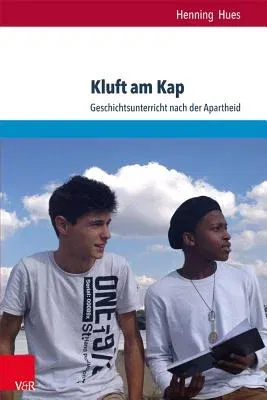English summary: After a period of political reconstruction, the South
African school curriculum is considered as instrument to end
institutionalized discrimination and contribute to democratic and
egalitarian education structures. Scholars in education agree about the
contrast between educational planning/curricula and the actual
teaching/learning process. The curriculum and its goals, ideas and
perspectives cannot be implemented linearly, but are affected through
biography and experience of both teachers and learners. This study is
devoted to the empirical illumination of the tension-filled relationship
of instructional practices and curricular standards in the context of a
post-conflict scenario. It goes beyond theoretical curricular
considerations and ventures into the scene, namely the classroom, in
order to compare theoretical aspirations and school practices. As an
object of investigation the school dealing with the topic of "apartheid"
in history of South African schools. German description: Zwischen
Bildungsplanung in Form von Curricula und Bildungspraxis in Form des
Unterrichtsgeschehens existiert ein Kontrast: Der Annahme, dass der
Lehrplan mit seinen Zielen, Idealen und Perspektiven linear umgesetzt
wird, werden Anwendungs- und Modifikationsebenen entgegengestellt. Diese
Arbeit widmet sich der empirischen Ausleuchtung des spannungsreichen
Verhaltnisses curricularer Vorgaben und unterrichtlicher Praxis. Hierbei
wird das Schulgeschehen empirisch und kontrastiv zur Lehrplanvorgabe
untersucht. Als Untersuchungsgegenstand dient der schulische Umgang mit
dem Themenkomplex Apartheid im Fach Geschichte an sudafrikanischen
Schulklassen der zwolften Jahrgangsstufe.

